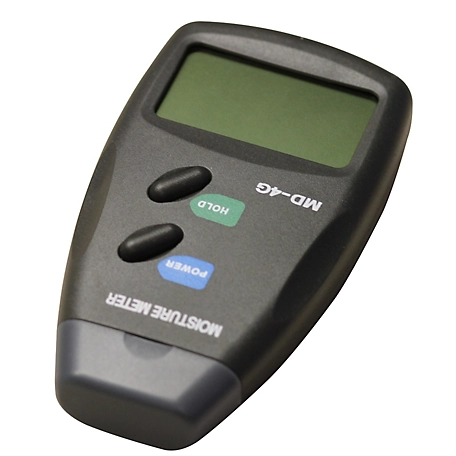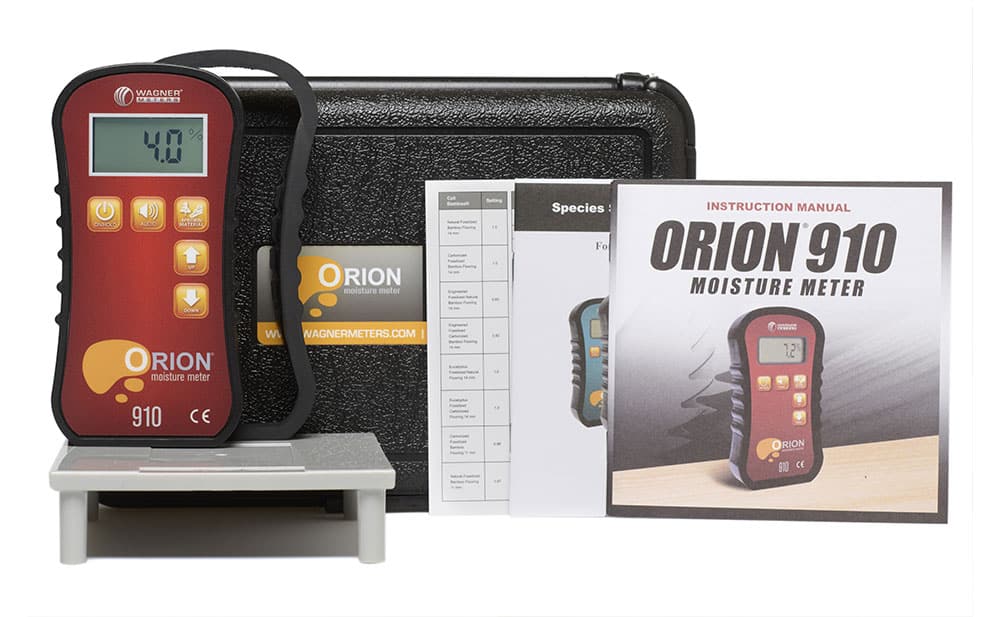The Ultimate Overview to Moisture Meters: A Comprehensive Overview and How They Can Conserve You Cash
In the world of structure maintenance, construction, and various sectors, the significance of properly gauging moisture levels can not be overemphasized. Moisture meters function as indispensable tools in finding and keeping track of moisture content in products, aiding in stopping expensive damages and guaranteeing the quality of products. Understanding the nuances of various sorts of wetness meters, their applications, and the possible cost-saving benefits they offer can be a game-changer for services and professionals alike. Finding how these gadgets can not only enhance processes but additionally contribute to financial cost savings is a trip worth starting.
Sorts Of Moisture Meters
Numerous types of wetness meters are offered for different applications in various industries. One common type is the pin-type moisture meter, which determines the electrical resistance in between 2 pins put right into a product. This type is suitable for timber, drywall, and other building products. Pinless dampness meters, on the various other hand, usage electromagnetic sensing unit plates to scan a bigger location without causing damage to the product's surface area. Moisture Meter. These meters are ideal for quickly analyzing wetness levels in huge areas such as wall surfaces and floorings.

Infrared dampness meters determine the thermal homes of a material to identify its dampness web content non-invasively, making them helpful for applications where pin or pinless meters might not be appropriate. Comprehending the different types of wetness meters available can aid industries choose the most ideal tool for their certain dampness measurement requirements.

Advantages of Making Use Of Wetness Meters
Dampness meters provide indispensable advantages in accurately evaluating and keeping track of dampness degrees in diverse products and atmospheres. One of the primary benefits of using dampness meters is the avoidance of prospective damage created by excess wetness.
Furthermore, utilizing wetness meters can result in boosted power effectiveness. By identifying areas with high moisture levels, such as leaks or poor insulation, changes can be made to enhance power preservation and decrease energy expenses. In agricultural setups, dampness meters play a critical role in maximizing plant returns by enabling farmers to monitor soil moisture degrees and make notified watering choices. Generally, the advantages of using wetness meters cover across numerous markets, providing economical solutions and promoting better top quality control techniques.
How to Select the Right Wetness Meter
When selecting a moisture meter, it's vital to guarantee that the meter is suitable for the details product you will certainly be testing. Different products have varying electrical residential or commercial properties that can influence wetness readings, so selecting a meter designed for your material is essential for exact results. By meticulously examining these aspects, you can pick a wetness meter that satisfies your requirements and offers exact moisture measurements for your jobs.
Appropriate Methods for Moisture Meter Use

Expense Savings Via Wetness Meter Applications
Exactly how can the strategic usage of moisture meters lead to substantial cost savings across different markets? In the agriculture sector, dampness meters help in figuring out the optimum time for collecting crops, preventing excess or over-drying dampness that can influence the final item's top quality.
Likewise, in construction, dampness meters assist prevent expensive problems by discovering dampness degrees in structure materials, such as wood or concrete, which can result in architectural problems otherwise dealt with immediately. By determining issue locations beforehand, professionals can take restorative procedures to prevent extensive fixings or substitutes, inevitably saving money and time.
Additionally, in the food handling market, wetness meters are crucial for checking item high quality and making sure conformity with safety and security laws. By properly gauging dampness web content in food, makers can prevent putridity, preserve quality, and reduce waste, resulting in substantial expense savings. Generally, the strategic application of dampness meters is a beneficial financial investment that can lead read the article to substantial price decreases and enhanced effectiveness across different markets.
Final Thought
In verdict, dampness meters are valuable tools for gauging and finding moisture degrees in various products. By using the right wetness meter and complying with proper strategies, users can properly stop costly problems caused by excess wetness.
Moisture meters serve as important tools in identifying and monitoring moisture material in materials, assisting in stopping costly problems and making sure the quality of items. Infrared moisture meters determine the thermal buildings of a material to establish its moisture material non-invasively, making them useful review for applications where pin or pinless meters may not be ideal.Wetness meters supply indispensable benefits in accurately keeping track of and analyzing moisture levels in diverse products and settings. In agricultural setups, dampness meters play an essential function in maximizing plant yields by allowing farmers to check soil moisture levels and make notified watering choices.In conclusion, wetness meters are useful devices for determining and identifying moisture levels in different products.